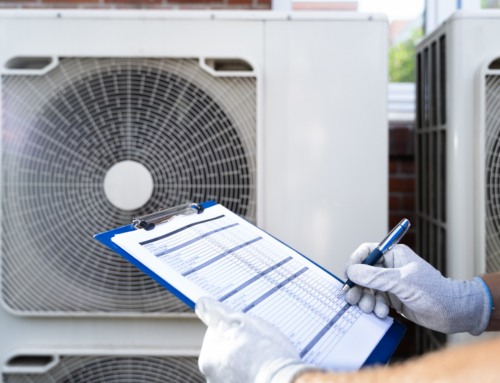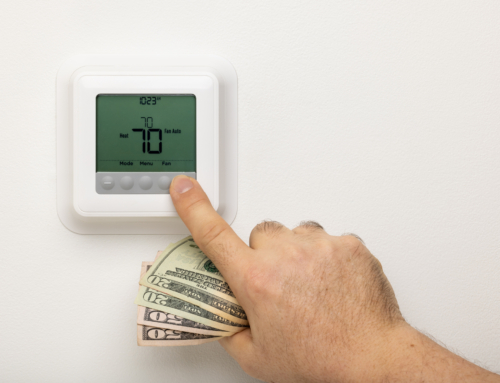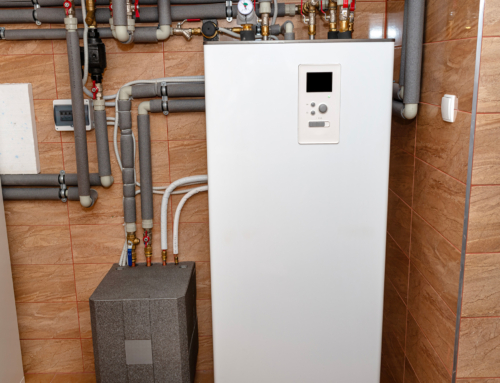Energy efficiency is a key consideration when choosing a new air conditioning system. This efficiency is determined by the Seasonal Energy Efficiency Ratio (SEER). Knowing how SEER ratings work can help you make a well-informed choice and potentially lower your energy costs.
What is a SEER Rating?
A SEER rating measures how effectively an air conditioner uses electricity to cool your home over an entire cooling season. A higher SEER rating indicates a more energy-efficient unit, meaning it consumes less electricity to provide the same cooling output.
Why is SEER Important?
SEER ratings play a significant role in choosing an air conditioner for several reasons:
- Energy Savings: A higher SEER rating results in lower energy use and reduced utility bills.
- Environmental Impact: More efficient units generate fewer greenhouse gas emissions, contributing to environmental protection.
- Government Incentives: Many states and utility providers offer rebates or tax incentives for purchasing high-efficiency air conditioning units.
Factors Affecting SEER Ratings
Several elements can influence an air conditioner’s SEER rating, such as:
- Technology: Modern models often include advanced features like inverter compressors and variable-speed fans that enhance efficiency.
- Size and Design: The size and design of the air conditioner can affect its efficiency. A properly sized unit will operate more effectively.
- Installation: Professional installation is critical to ensure the air conditioner functions at its highest efficiency.
Choosing the Right SEER Rating
The best SEER rating for your home depends on various factors, including:
- Climate: In warmer climates, a higher SEER rating can help manage increased cooling needs.
- Usage: If you frequently use your air conditioner, a higher SEER rating can lead to more substantial energy savings.
- Budget: Higher SEER-rated units may have a higher upfront cost, but the long-term savings on energy bills can make up for the initial expense.
SEER Ratings and Government Regulations
To encourage energy savings, the U.S. Department of Energy has established minimum SEER standards for air conditioners. These standards have risen over time, pushing manufacturers to create more efficient models.
Tips for Enhancing Air Conditioner Efficiency
Even with a high SEER rating, you can take steps to further boost your air conditioner’s efficiency:
- Regular Maintenance: Schedule yearly tune-ups to ensure optimal operation.
- Clean or Replace Filters: Dirty filters can hinder airflow, reducing efficiency.
- Seal Ductwork: Fix air leaks in ductwork to prevent energy waste.
- Shade Outdoor Units: Shielding your outdoor unit from direct sunlight can enhance its performance.
By understanding SEER ratings and adopting practices to maximize your air conditioner’s efficiency, you can maintain a comfortable home while cutting energy use and minimizing environmental impact. Contact our team at A-1 Guaranteed Heating & Air, Inc. to learn more.






